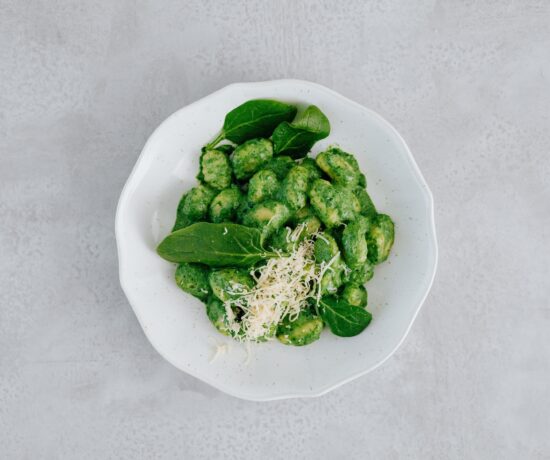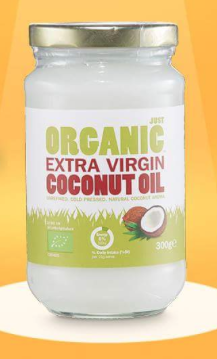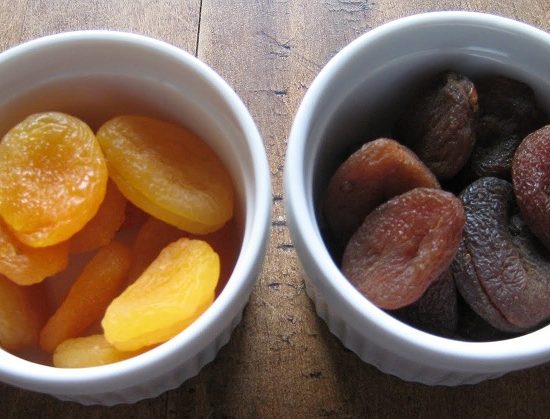Are you a seafood lover? 🐟 Yep, me too.
My mum’s side of the family comes from a small Italian fishing village, so you could say the sea and eating seafood is in our blood. On our recent trip away, we were lucky to enjoy a beautiful seafood platter caught by local fisherman delivered to our door. So yum!
They promoted the support of locally-caught fish in their marketing, and being an ex-corporate marketer, I always pay attention to the sales angle – and this one got me thinking about seafood sources.
Have you ever thought about where your seafood comes from and how it’s caught might be affecting the sustainability of its species and its environment? Not to mention the fact that imported species are often frozen and often lose their freshness and taste of the sea, which can’t be as healthy for you as locally caught varieties.
So how can we easily choose both what fish and what brands are better than others, for our canned tuna purchases, for example? Everyone buys tuna right?! For the past few years, I’ve always chosen pole and line 🎣 caught tuna cans (or skipjack) just because that’s the way my grandfather always caught fish. It just felt right.
I came across a great free app ‘Australia’s Sustainable Seafood Guide’ (search for it in the app store), which is a guide to choosing your seafood wisely. It includes around 90 popular seafood species, you simply pop in the seafood type e.g. tiger prawns, and it gives a traffic light system on the better choices, over those you should say no to based on their fishing methodology and the related impacts.
It also includes a link to the Greenpeace guide to canned tuna which I really love. It highlights the top brands for pole and line tuna and that you should look for skipjack or albacore.
The top ‘green light’ recommendations are:
🍃 Fish4Ever Recipes sustainably-fished skipjack tuna chunks in brine
🍃 Safcol responsibly-fished tuna
Be sure to look for pole and line caught on your canned tuna on your next shop, and join me in using the sustainable seafood app above. We have a responsibility to protect our fishy friends through conscious buying for future generations.






No Comments